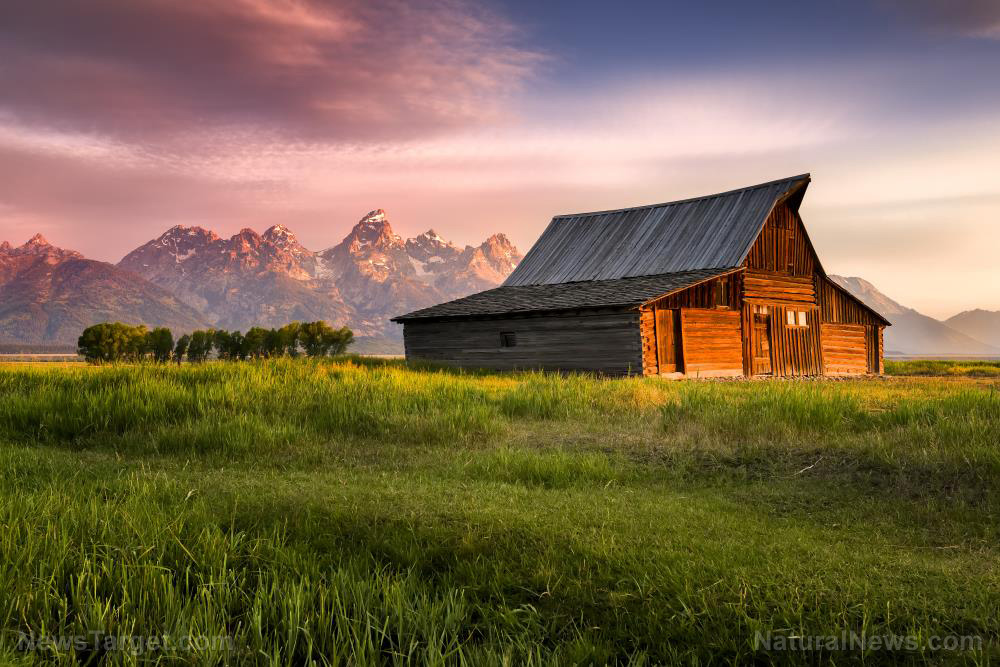
Each power source has its strengths and weaknesses. You should consider which one is best suited for your location and wallet.
Your decision should also be guided by local rules and regulations. No sense going through all the effort and trouble of setting up an alternative energy source, only to have the local authorities order you to take it down because it violates regulations.
The first method is using wood as fuel for fire. It is one of humankind's oldest sources of energy and very versatile.
A wood stove can be used to cook food, boil water, and generate heat to ward off the cold. Boiling will increase the safety of drinking water.
A fireplace makes for a decent substitute. Get several cast-iron Dutch ovens and a kettle that can be hung within it.
To take full advantage of the heat from a stove or fireplace, set up several laundry racks nearby. The heat will help dry the laundry.
A wood-powered fire will require a good supply of wood beforehand. It also gives off a lot of smoke that reveals your location to potential hostiles. (Related: Start planting these perennial herbs today; not only do they taste good, they can be used as medicine when SHTF.)
Invest in solar panels and wind turbines to power your home
Solar power is a very modern and popular means of getting off grid electricity. Setting up enough solar panels on the roof can power your entire home.
There are also smaller solar generators that are very easy to set up. These are complete kits and fairly portable.
Finally, small solar panels can fit inside your bugout bag. These devices can even be rolled up to save on space.
However, a solar power system is a very complex and expensive investment. It will also only work if there is enough sunlight. It is useless at night and weakened during bad weather.
Wind power can supplement or even replace solar energy. It is fairly easy to set up a small wind turbine kit in your backyard.
Like solar power, wind power is reliant on the weather. No wind means no power.
A wind turbine also needs more maintenance than solar panels. Its large number of moving parts wear out faster and are more vulnerable to damage.
Charge a battery using a bicycle generator or wood gasifier that you built yourself
If you prefer old-fashioned muscle power, you can put together a bicycle generator. This rig requires a stationary exercise bicycle, a generator, a belt that links up the front wheel of the bike to the generator, a voltage regulator to protect your battery, and the battery itself.
In addition to providing power for important devices, the bicycle generator also makes for a great exercise machine.
Last but not least is the wood gasifier. A heat source inside a container is used to heat a separate container that holds pieces of wood. The heat turns the wood into gas, which is transferred via hose or pipe to the carburetor of an engine.
The wood gas serves as fuel for the engine, which spins a flywheel attached to an alternator. In turn, the alternator will generate electricity that can be stored in a battery.
Whenever possible, get at least two different types of alternative power that complement each other. More options are better in the dangerous conditions after a collapse.
Learn more about alternative sources of energy at OffGrid.news.
Sources include:
Please contact us for more information.























